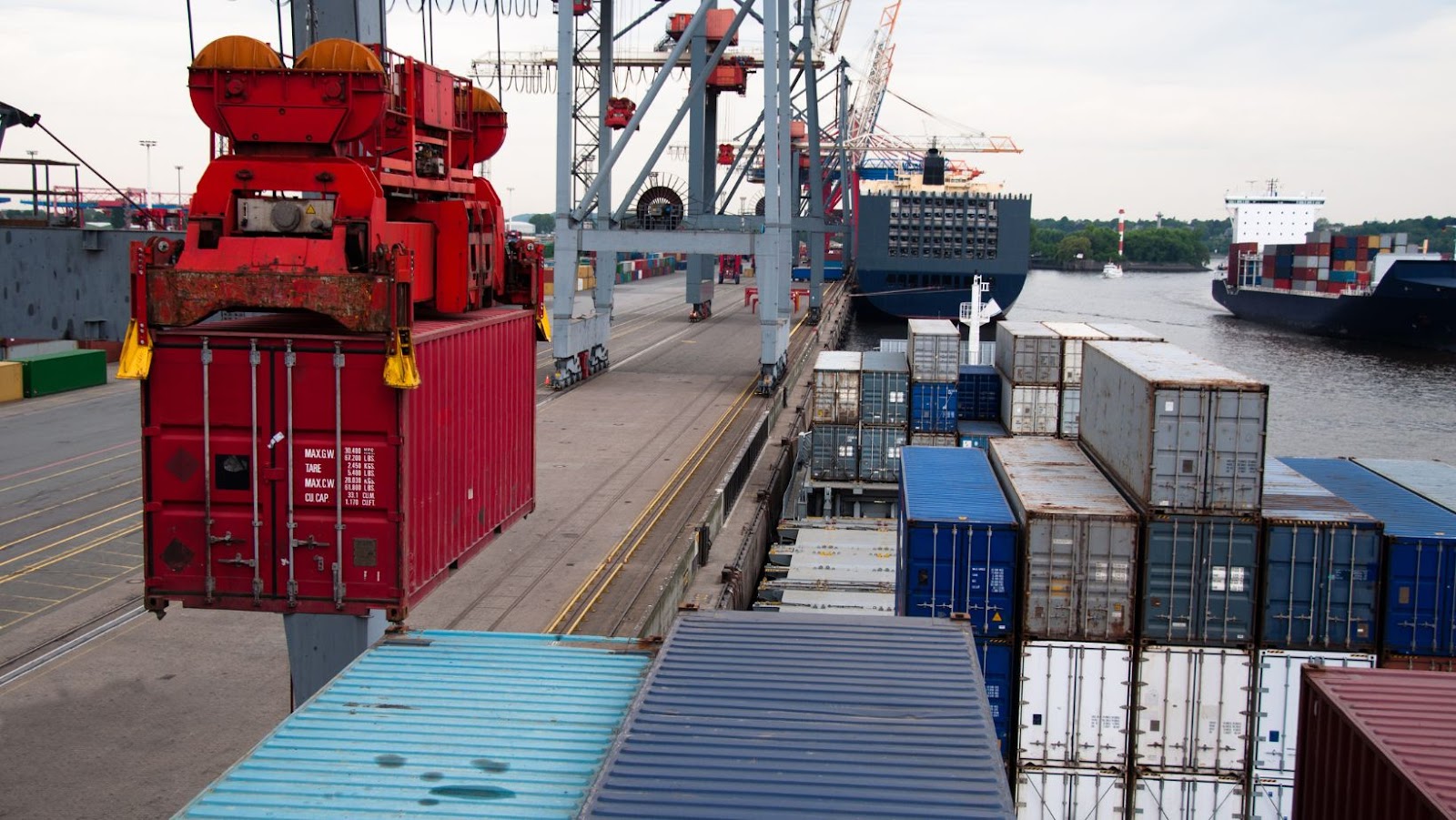Last Updated on December 13, 2024 by pm_author_91ksj
Shipping containers are a valuable tool when it comes to transporting cargo. They make transportation safe and easy. Containers come in different standard sizes depending on whether they will be moved by trains, trucks, and even ships.
These container units are an important aspect of the trading and shipping industry. There are various kinds of shipping containers, and each kind has different purposes. This article will specifically explain the difference between the industrial and commercial use of shipping containers.
Industrial Use of Shipping Containers
The core use of shipping containers was to ship out different types of products worldwide via ships. Shipping containers are widely used and can be seen on almost every shipping route worldwide. These containers helped make global trading successful and why it is important to the industry.
Nowadays, containers aren’t just used to ship goods to different places. Besides trading and shipping, shipping containers can be utilized in different industries. Below are the types of industries that can use shipping containers.
Manufacturing
In the manufacturing industry, every business uses a generous amount of raw materials to be able to manufacture their products. This is why this industry requires a lot of storage to keep its raw materials. Manufacturers now use shipping containers to able to store their materials securely.
Agriculture
For the agricultural industry, shipping containers are also used to secure the various machinery used in this industry. Some farmers use containers for vertical farming, producing plenty of food in a smaller space, even when compared to traditional farming methods.

Construction
Many construction sites inevitably need storage units for all their building materials. Since these building materials can be expensive, shipping containers are now usually used compared to storage sheds. Since shipping containers are well-made, the materials are kept safe from weather hazards or robbery.
Commercial Use of Shipping Containers
The purpose of shipping containers has come a long way. Other than what it’s known for, these containers are now also used commercially. Below are some examples of commercial use for shipping containers.
Retail
Shipping containers are now used to set up trendy spaces, such as coffee shops, clothing stores, and food stalls. The idea is that this makes it easier for the business owner to set up and is less costly. It also makes the shop transferable.
Small Business Space
Containers can also be used as office space for small business owners. It’s a great solution for businesses that need their own office space but has a limited budget. It’s also great for people that have problems with limited land. The inside of the container can be decorated to your personal preferences.

Personal Space
Nowadays, shipping containers can go as far as being used as personal spaces. It can be used as a living space for some people. Using a shipping container, you can repurpose it into anything that could make you a comfortable space. You can even decorate high-end tiles on your unit.
Container units can also be used as a backyard shed to store all types of lawn equipment. It’s a secure and sturdy alternative to your garage if you require more space.
Common Types of Shipping Containers
With all the functions of a shipping container, multiple types of containers are available that can be the most optimal for your specific needs. Here are a few of the common types of shipping containers.
- Dry Storage Container
- Open Top Container
- Double Door Container
- Thermal Container
- Flat Rack Container
You can find out more about the types of containers by looking at SCF containers to help you find the shipping container that’s best suited for your needs.
Conclusion
The use of shipping containers is not limited to transporting goods and trading. Although it may seem like shipping containers are only used industrially, they can also be proposed commercially. With the right type of container, this can be utilized in any of your specific industrial and commercial needs. Shipping a pallet to France can be a straightforward and cost-effective process when you choose the right service and method for your needs.




